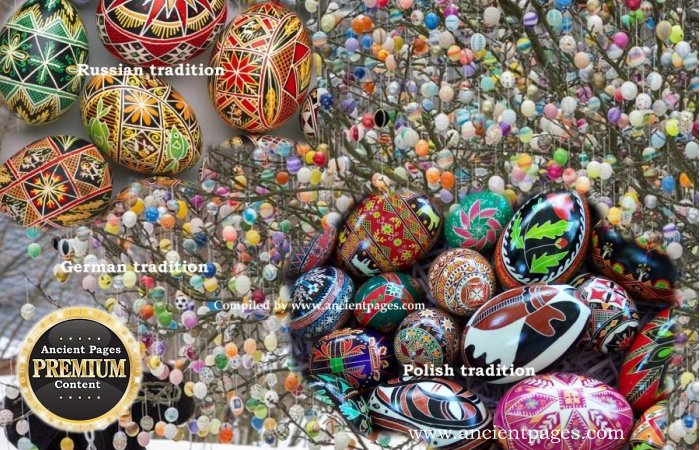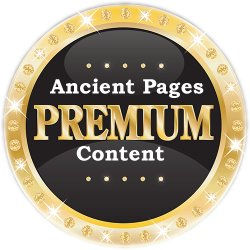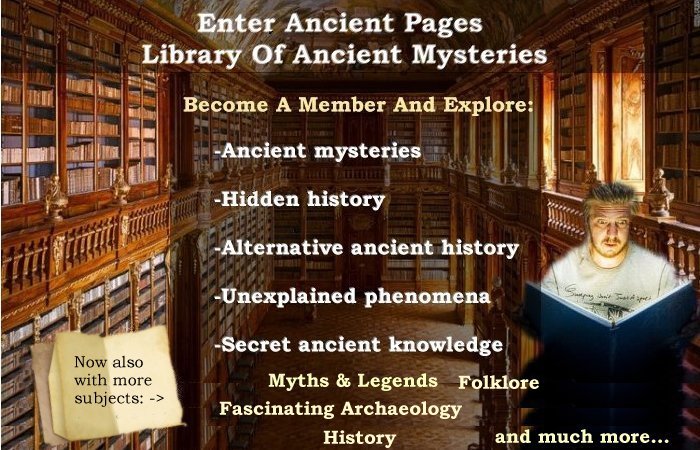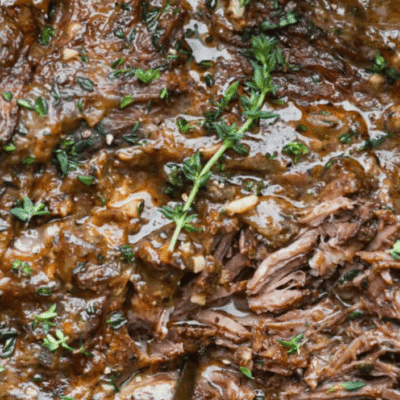A. Sutherland – AncientPages.com – Easter is the most ancient and significant Christian celebration. It is a radiant spring festival that honors Christ’s miraculous resurrection from the dead. It is a powerful reminder of renewal and hope, inspiring us to embrace new beginnings with faith and courage.
Let this sacred holiday fill your heart with joy and motivate you to rise above challenges, just as Christ rose triumphantly.
In ancient times, eggs bore a magical meaning. Archaeologists have found eggs in tombs and graves dating back to times long before the advent of Christianity. Those eggs are either natural or made from materials such as marble, clay, or other substances. An egg is often described in numerous myths as a symbol of life and renewal, representing the source of everything that exists in this world.
As with other holidays, many customs associated with Easter have their origins in pagan traditions. Colorfully painted eggs were already known in China 5,000 years ago. Rituals related to fire were common in many primitive cultures, often associated with the arrival of spring or the celebration of feasts of the dead.
Many very ancient traditions have been passed down to us over the centuries, but a few have been almost forgotten.
This is a preview of our premium article available only to members of Ancient Pages.
Become a member to read more – Click here
If you are already a member and have logged in to your account, you can access the article here
See also:
Why Was Celebration Of Christmas, Easter, Midsummer And Saint’s Day Forbidden In Scotland?
Advent: Facts And History About The Christian Season Celebration
Yule Goat Is A Scandinavian Christmas Tradition Based On Norse Legends And Worship Of God Thor








